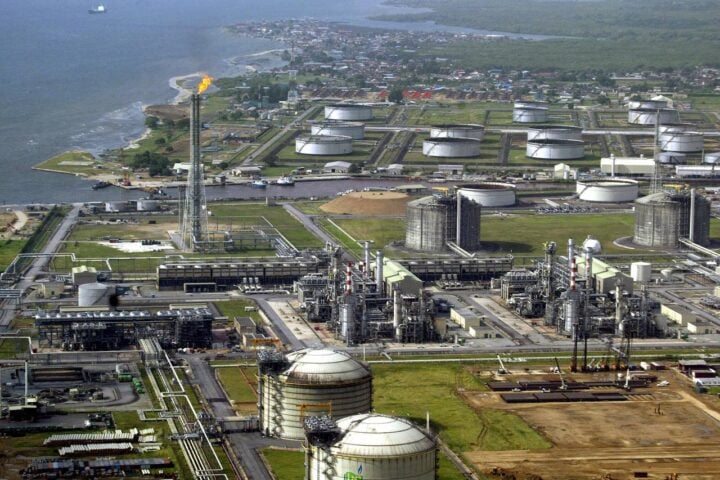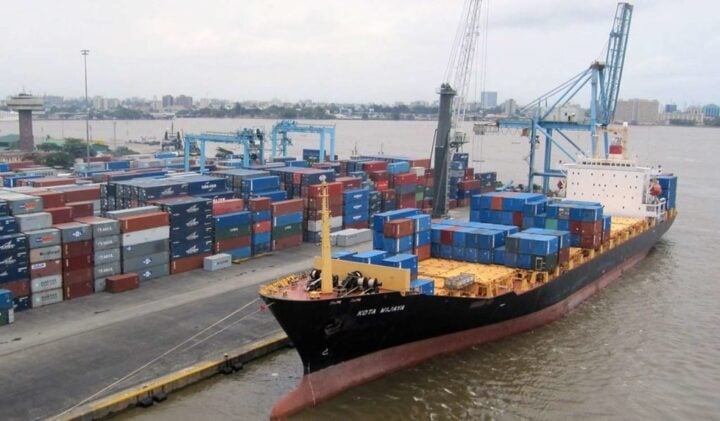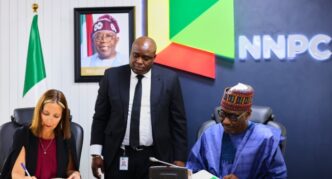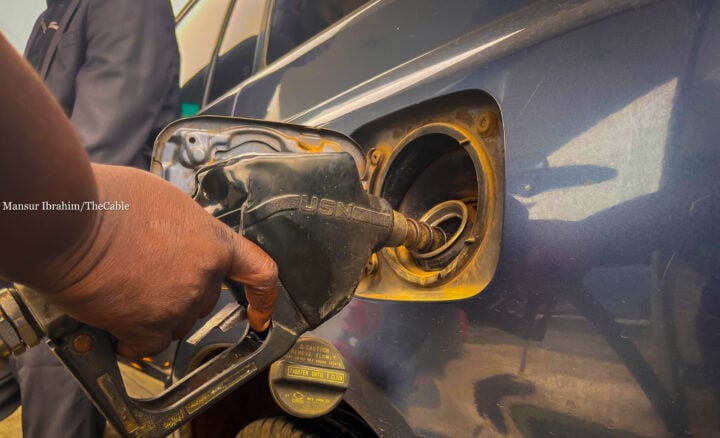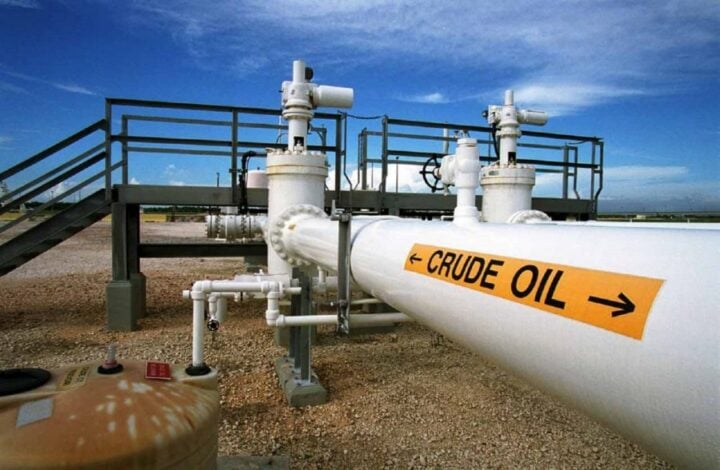The Nigerian Upstream Petroleum Regulatory Commission (NUPRC) has constituted a body of professionals to resolve issues swiftly, equitably, and cost-effectively in the petroleum industry.
Gbenga Komolafe, chief executive officer (CEO) of NUPRC, spoke on Monday during the inauguration of the body of neutrals — a group of professionals — of the alternative dispute resolution centre (ADRC) at the commission’s Lagos regional office.
The agency said its ADRC in Lagos aims to provide quality dispute resolution services and enhance production within the upstream oil and gas industry.
Komolafe said traditional litigation, despite its importance, often leads to delays, high costs, and adversarial postures, exacerbating conflicts and straining relationships, as seen in prolonged legal battles between producers and host communities.
Advertisement
“These challenges underscore the inefficiencies of traditional litigation and the immense financial burdens and prolonged suffering it imposes on the individuals and communities involved,” he said.
“In recognition of these challenges, our alternative dispute resolution centre was conceived with a vision to provide a seamless approach to dispute resolution—one that emphasis on mechanisms such as mediation and conciliation and other ADR methods.
“Our goal is to establish a centre grounded in fairness, efficiency, and integrity, offering a platform where disputes can be resolved outside the often-cumbersome traditional processes. Our methods enable parties to reach amicable solutions through mediation, conciliation, and other alternative dispute resolution (ADR) methods.”
Advertisement
Komolafe said the centre is a vital institution for those seeking justice in a timely and cost-effective manner
He said it promotes efficiency in the oil and gas industry through equity and justice principles, irrespective of stakeholder background or operations.
‘SUCCESS OF CENTRE TIED TO BODY OF NEUTRALS’
Komolafe said the centre’s success is inextricably linked to the body of neutrals inaugurated today.
Advertisement
“This esteemed group of professionals embodies the core values of impartiality, expertise, professionalism, and dedication,” he said.
“After meticulous review and thorough consultation, I am pleased to announce that the body of neutrals comprises eminent professionals with expert knowledge and/or technical experience in the oil and gas industry. Members include lawyers, retired judges, oil and gas industry experts, and other subject matter experts.
“The role of these neutrals is multifaceted. They are entrusted with the oversight of disputes and the mediation of matters that fall within the centre’s jurisdiction.
“One of the fundamental objectives of our centre is to enhance access to justice in a timely and cost-effective manner.
Advertisement
“Too often, individuals and corporate entities in the oil and gas industry find themselves entangled in protracted legal battles that deplete resources, waste valuable time, and adversely affect the nation’s oil and gas production output.
“By offering alternative avenues for dispute resolution, we are opening doors to swift, equitable, and less adversarial processes in our industry. This approach not only benefits the parties involved but also alleviates the burden on our overextended judicial system.”
Advertisement
Komolafe said the approach is inclusive and adaptive, designed to meet the unique needs of the oil and gas industry.
“Whether through mediation sessions that foster direct communication or expert determination proceedings that provide binding resolutions, our Centre is equipped to handle disputes of varying complexities and scales,” said
Advertisement
“We are committed to ensuring that every individual, entity, or community that seeks our services is treated with dignity and respect, and that their path to resolution is as smooth and supportive as possible.
“Beyond resolving individual disputes, our Centre aspires to foster a broader culture of resolution and cooperation, particularly in relation to host communities.”
Advertisement
He said the commission regularly receives a multitude of court cases and petitions concerning host community matters.
Komolafe added that the relationship between host communities and settlors — or among host communities — should be guided by equity, inclusiveness, and respect for the various laws governing the oil and gas industry.
Add a comment
